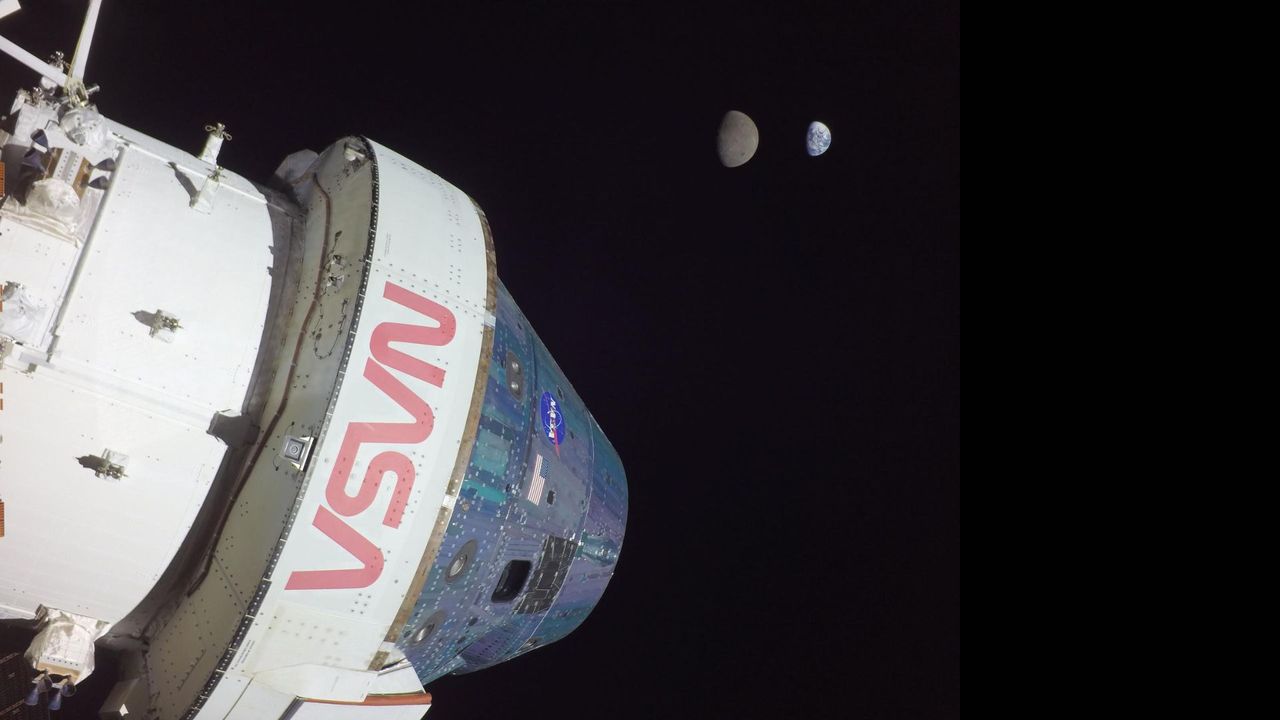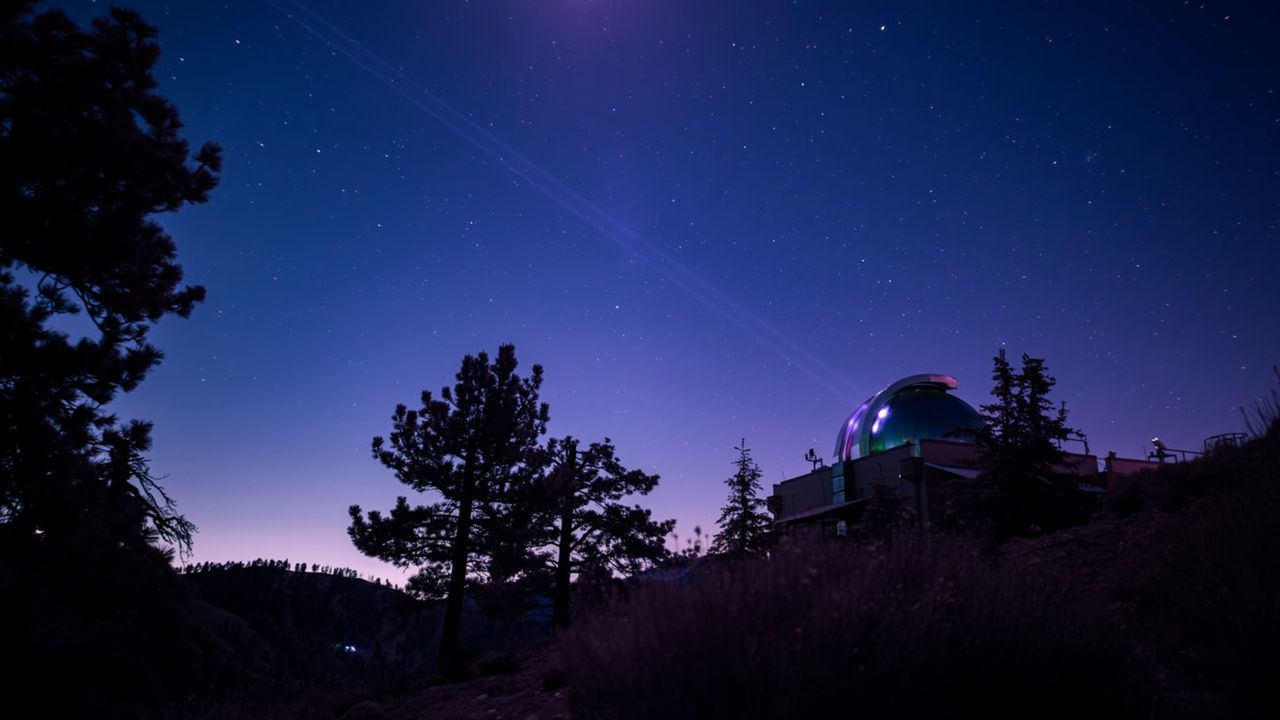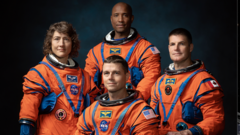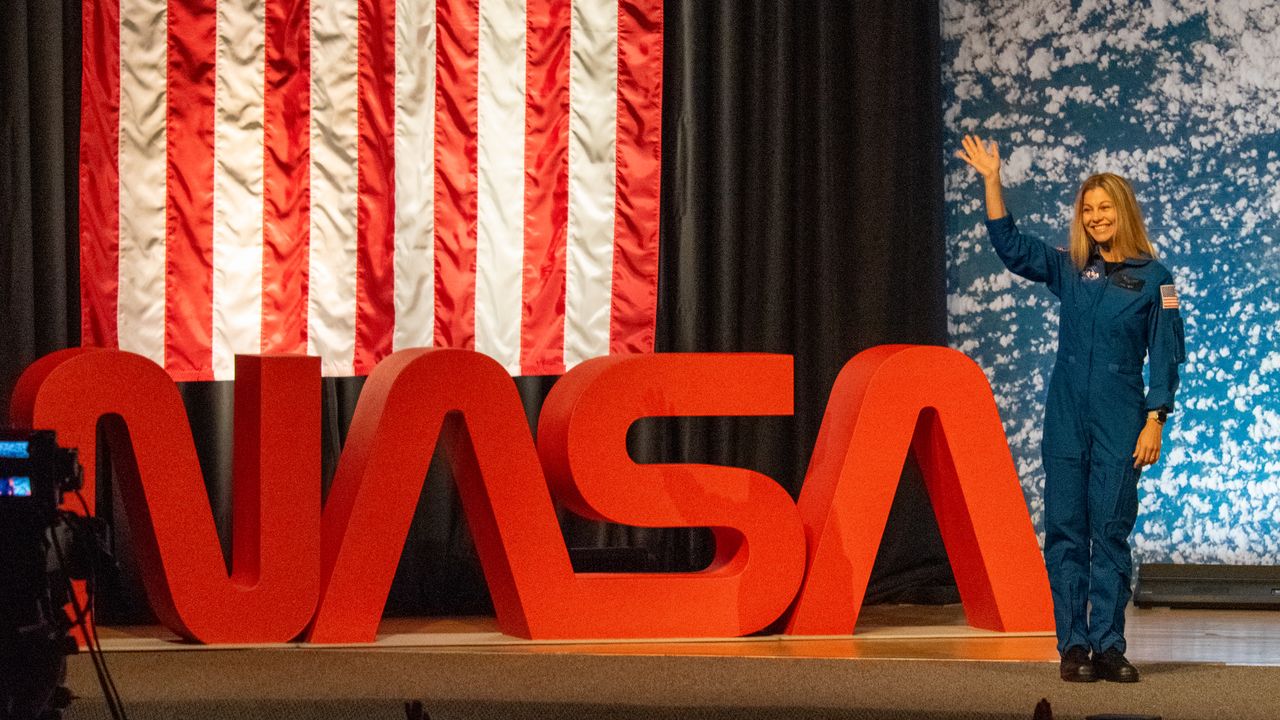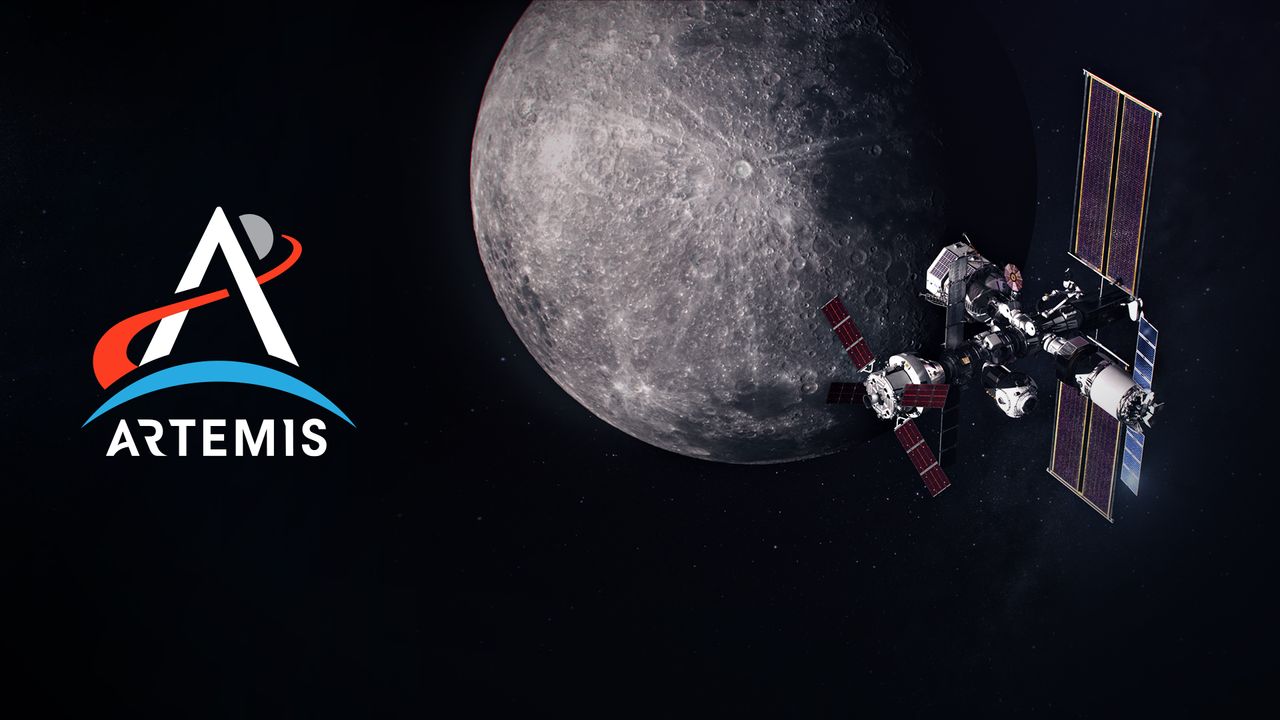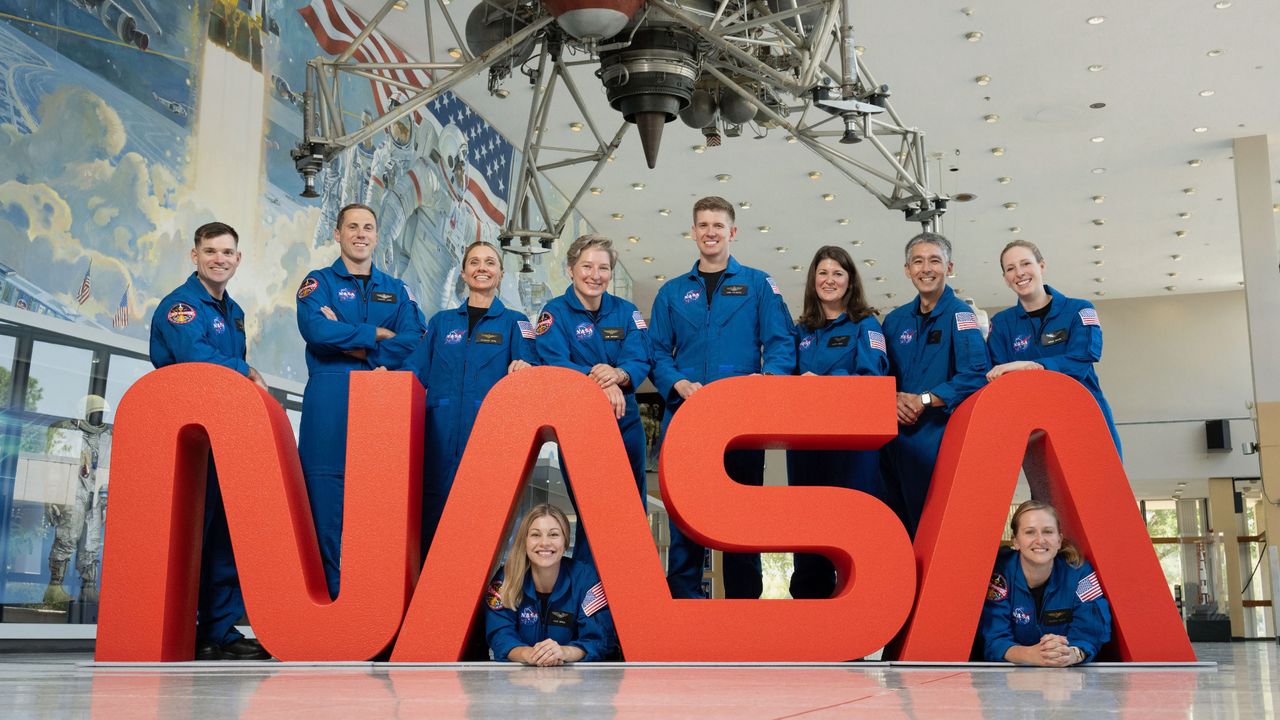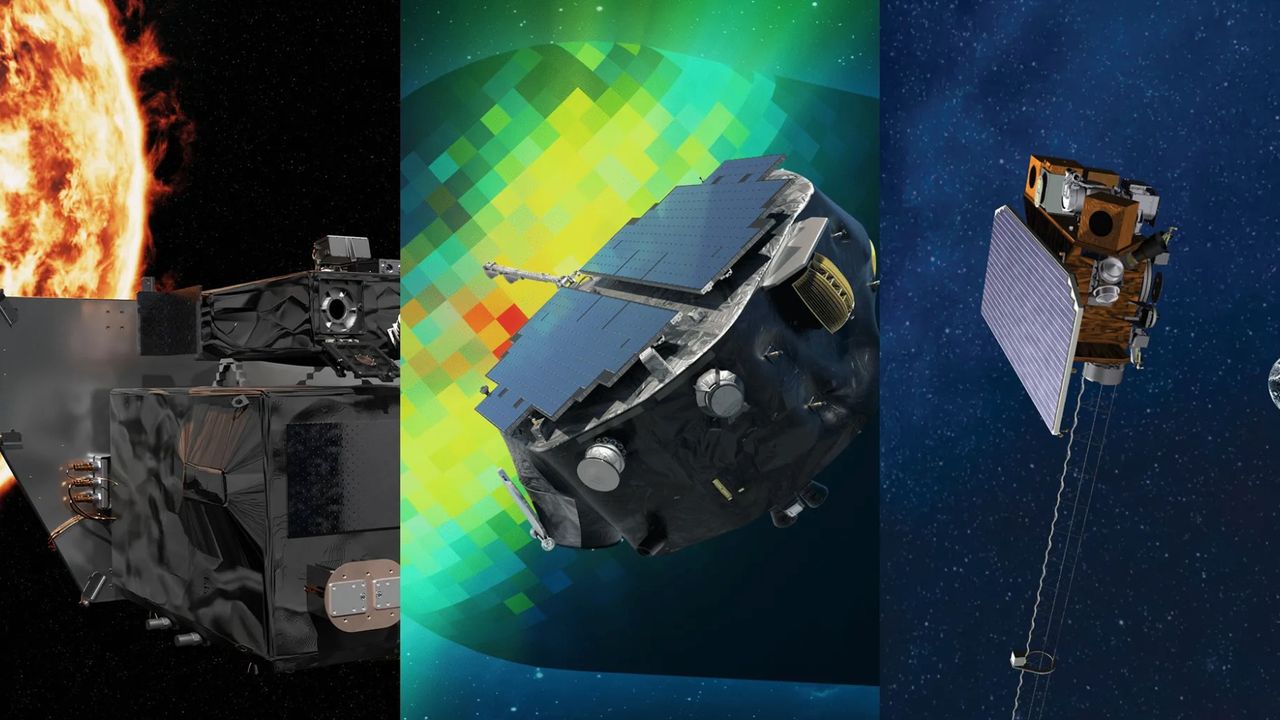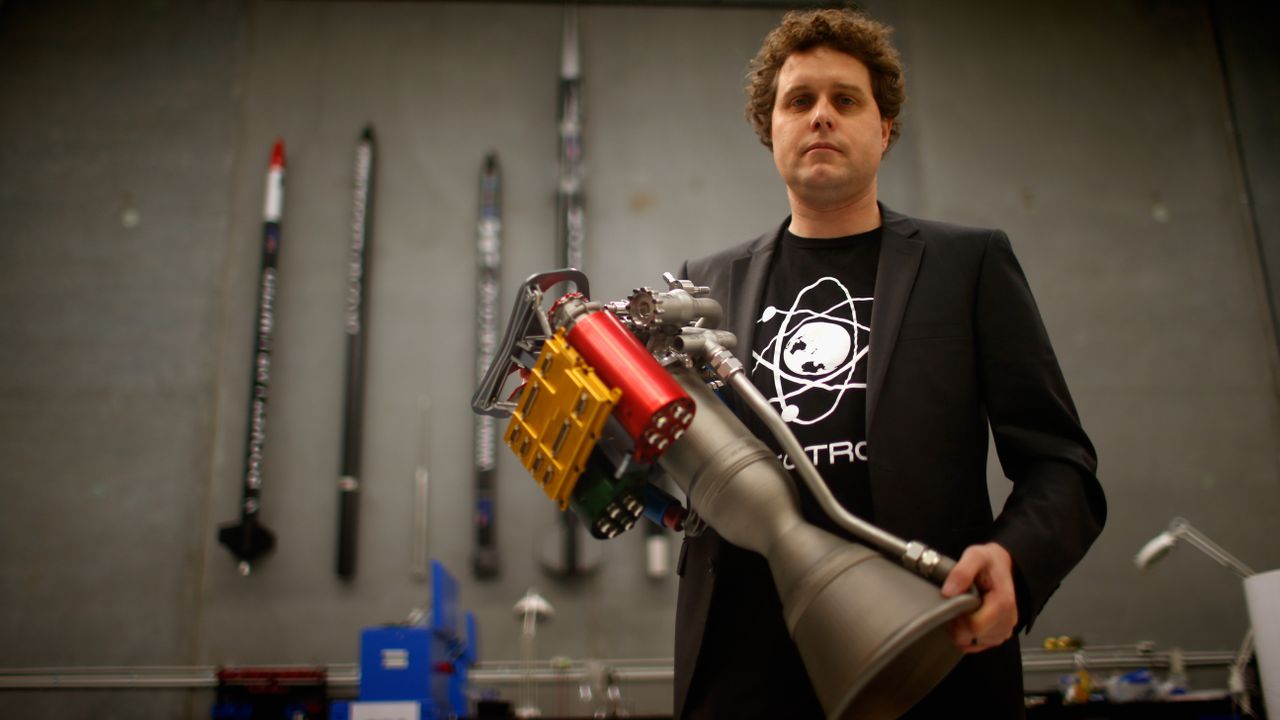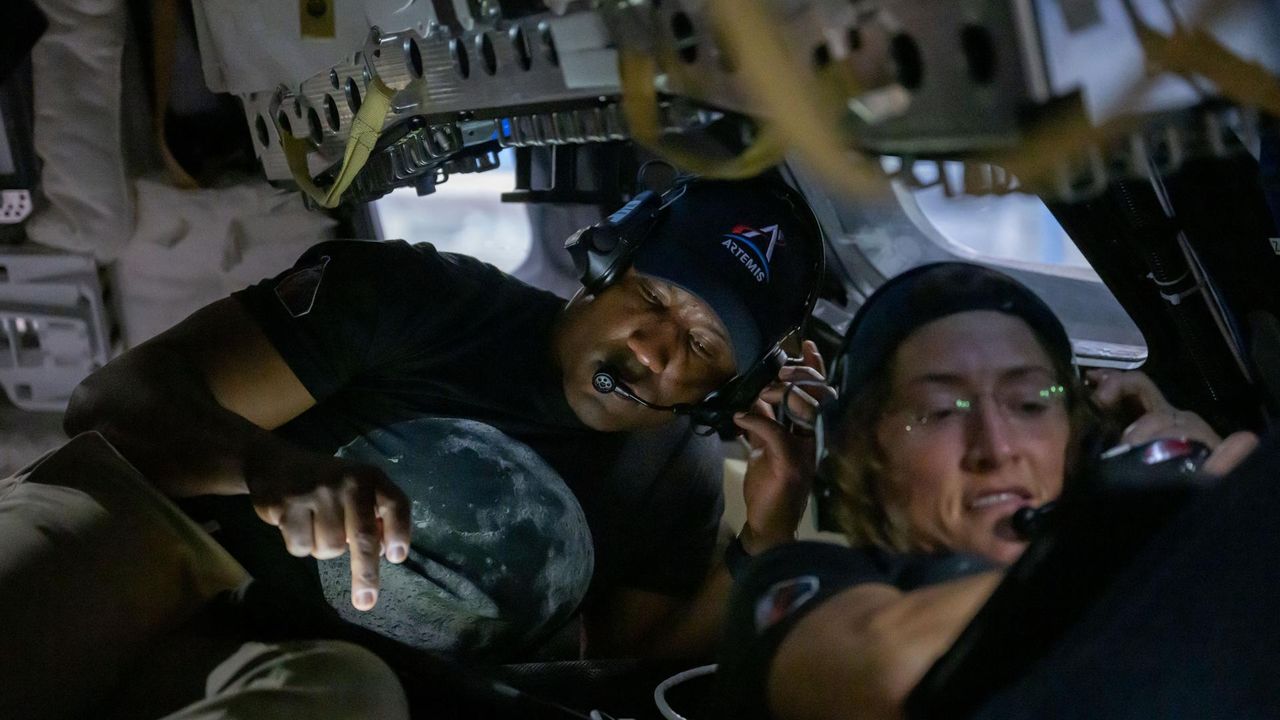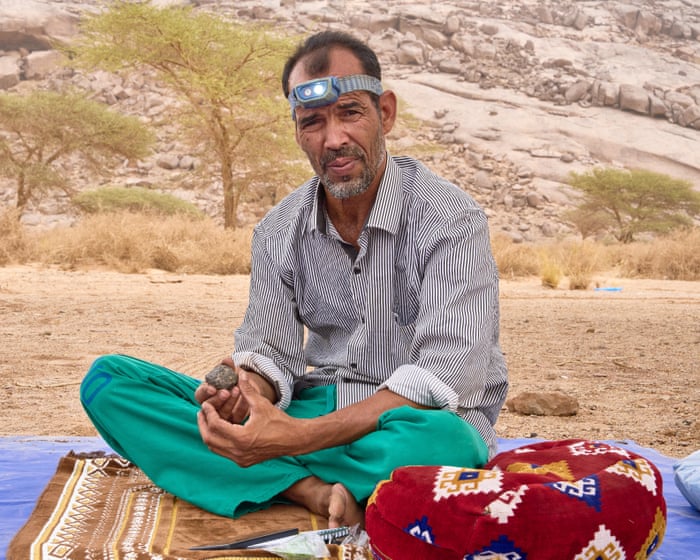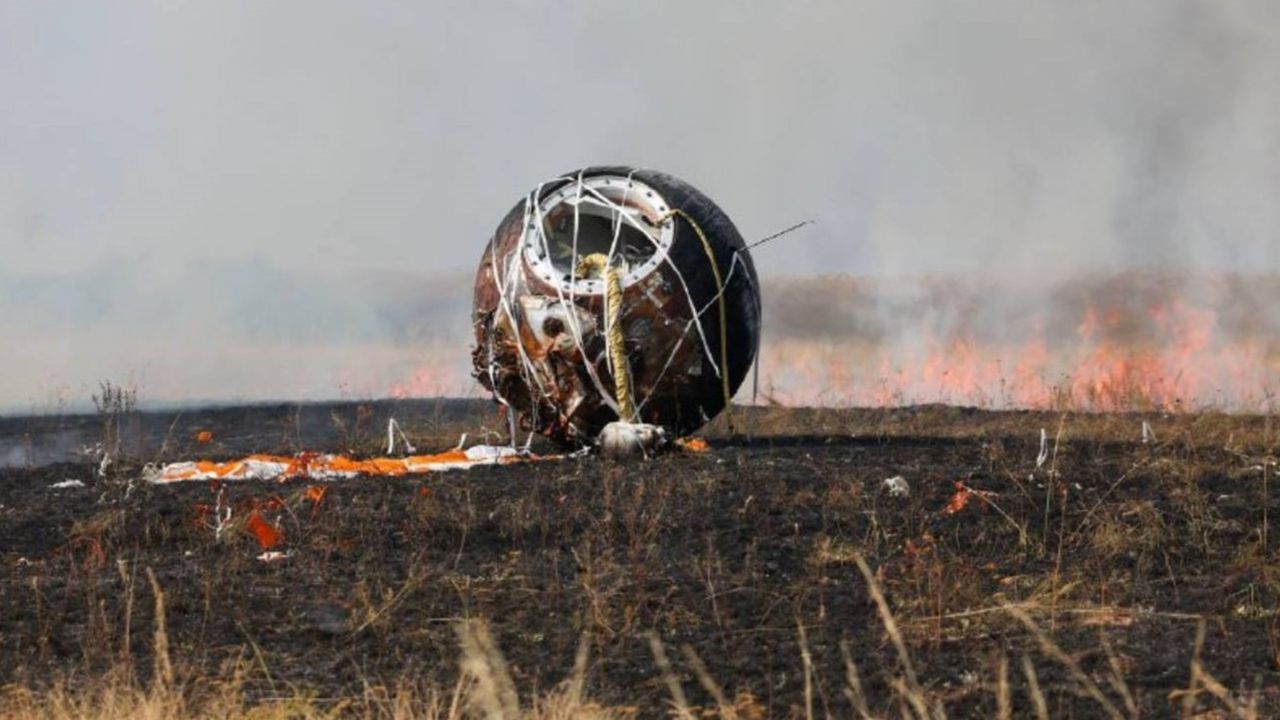James Webb Space Telescope Finds Atmosphere on Lava Planet TOI-561 b
PositiveScience
The James Webb Space Telescope has made an exciting discovery by detecting an atmosphere on the exoplanet TOI-561 b, a hot and ancient lava planet where finding alien air seemed nearly impossible. This breakthrough not only expands our understanding of exoplanets but also raises intriguing questions about the potential for life in extreme environments, making it a significant step in the search for extraterrestrial life.
— Curated by the World Pulse Now AI Editorial System
